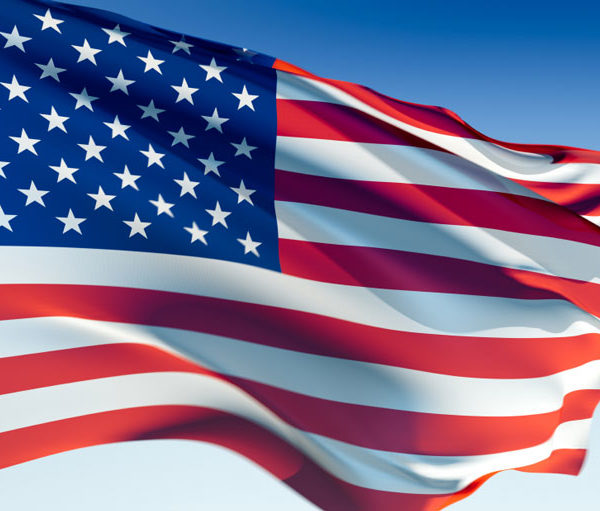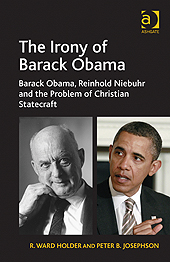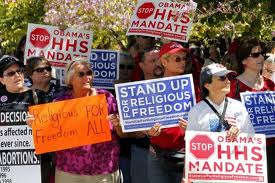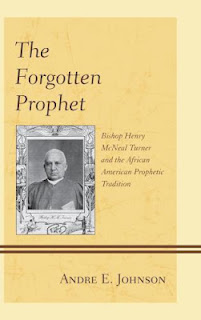
We don’t expect our politicians to say much about the poor, but what about the church? When was the last time you preached or heard a sermon on the poor? Not poverty, but the poor, and not as an illustration, but as a focal point. (We might ask the same thing about a college or seminary class that purports to be about the cultivation of wisdom or faith.) The readings from Proverbs and James (see below) refer to the poor directly. Both passages are striking because they go further than a soft paternalism that might urge us to care for the poor. James and Proverbs offer not an appeal to our altruism, the work of charity, or a political agenda or campaign. They are not looking for votes or a clear conscience. They see the poor as part of the community and concern for the poor as an integral part of the life of faith and wisdom….
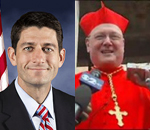
It’s no secret that many bishops, including Cardinal Timothy Dolan of New York, are incensed with the Obama administration over contraception coverage requirements under the Affordable Care Act. Bishops have missed few opportunities to blast the presidentas hostile to religious liberty – a meme that Mitt Romney has eagerly picked up on in a campaign ad that depicts President Obama as waging a “war on religion.”
But the selection of Rep. Paul Ryan – an intellectual darling of the conservative movement who embraces Catholic teaching to defend his policies – has complicated the Catholic narrative during these final months heading into the election….

Actually Jesus invites folks of all political and religious persuasions to a kind of humility. The human heart has, despite itself, a king of genius for corruptibility, no matter what rituals or traditions we make for ourselves. There is only one hope: to begin to see ourselves aright. And that is done by being in relation with God. This does not lie so much in the feel-good individualistic transformations beloved of conservative evangelicals, but in the challenging praxis of being part of a community of hope and forgiveness….
With this sort of starting point, we take an altogether different approach: our task, short of the full in-breaking of the Kingdom of God, can never be any partisan agenda. This is because anything short of the full consummation of the Kingdom of God will necessarily still be tainted, or worse, corrupted, by sin. All political activism then—in the sense of being active in talking to the contemporary powers-that-be in western culture—is always and necessarily ad hoc, never utopian, and never idealistic. We deal with each concrete question and issue as it arises, and seek to bear faithful witness as best we are able.
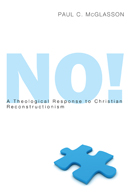
Everywhere, it seems, one hears “Wasn’t our country founded as a Christian nation? Shouldn’t we vote only for Christian candidates willing to stand up for our beliefs?” The talk has grown in volume in recent years as earnest Christians endeavor to discern God’s will for church and society. Behind this talk is a movement known as Christian Reconstructionism, whose set of ideas is based on bringing Christian law into the public and political sphere….
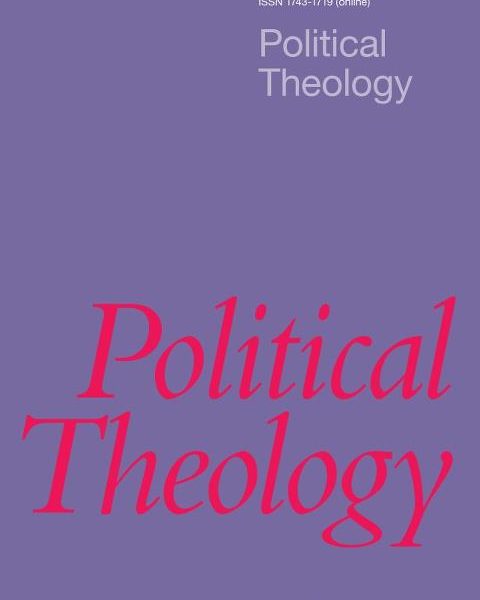
Inter-religious understanding and debate, once neglected within the academic study of theology and religion, has acquired a political significance that is unlikely to diminish in the foreseeable future, with the result that it will require substantial and sustained scholarly engagement and investment for the long-term.
The focus of the current issue of Political Theology (13.4) is religious pluralism, and inter-religious dialogue and cooperation. Overlooked and marginalised for too long in the academic study of theology and religion – where the ‘big beasts’ of the discourse have tended to be scholars pre-occupied with intra-religious concerns, and where expertise in religions in the plural has been frequently regarded as stretching yourself too thinly – such studies are slowly assuming an academic importance commensurate with the geopolitical significance of religion…..
